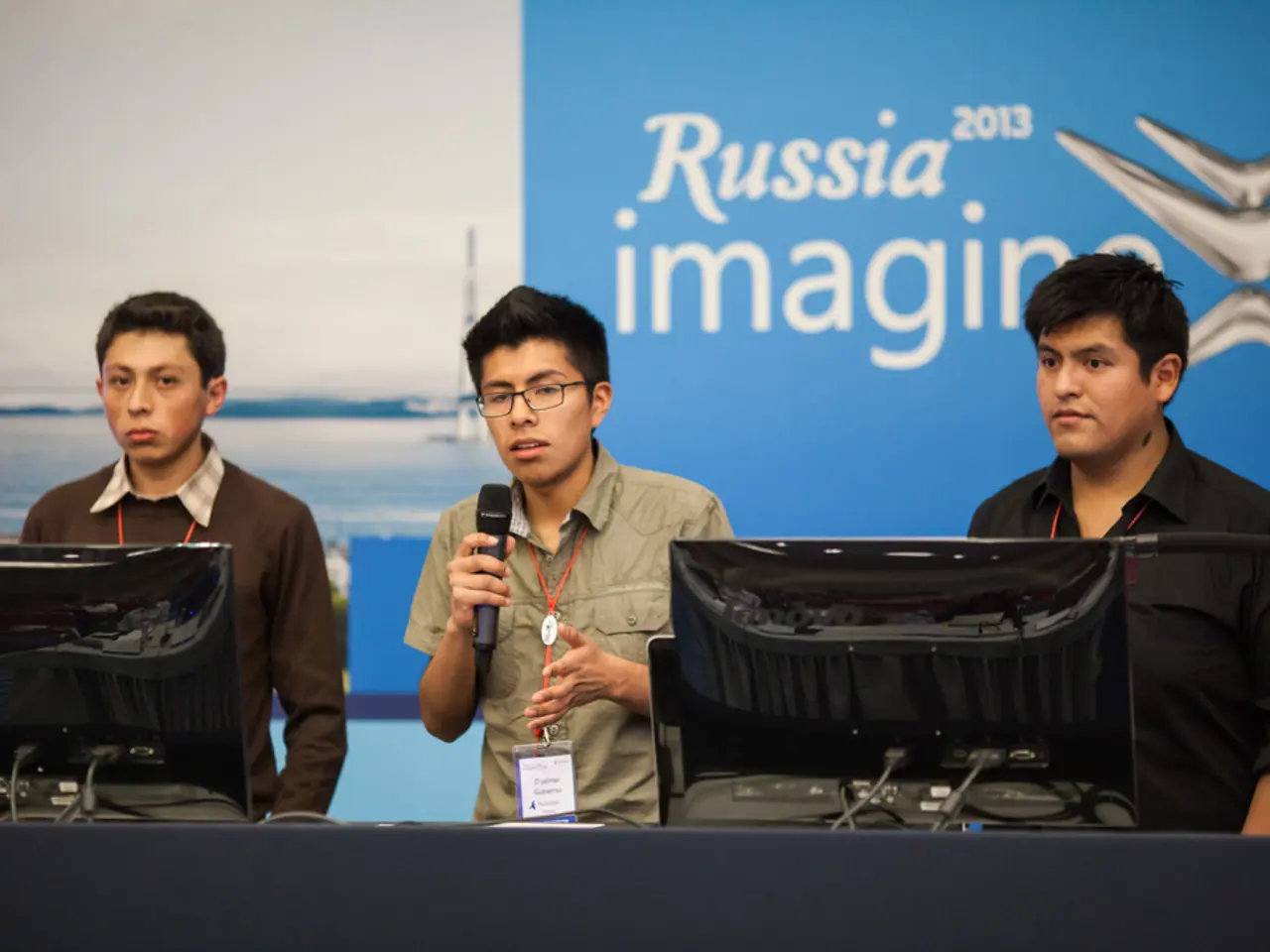Assurance of Security for Ukraine after Trump-Putin Discussion Under Scrutiny
German Defense Politicians Support Security Guarantees for Ukraine, but Skepticism Remains
Discussions about potential security guarantees for Ukraine have been sparked following a meeting between U.S. President Donald Trump and Russian leader Vladimir Putin. The focus is on strengthening Ukraine's defense, with German Foreign Minister Johann Wadephul emphasizing the need for security guarantees "very close to what NATO membership means" [2][3].
German Vice Chancellor and Finance Minister Lars Klingbeil has pledged Germany's support, including a readiness to contribute to security guarantees backed by an annual financial commitment of €9 billion. However, Klingbeil stopped short of committing Bundeswehr troops to peacekeeping missions on Ukrainian soil [1][4].
Hans-Peter Bartels, former Federal Government's Defense Commissioner, believes the German Armed Forces could have a role in possible security guarantees for Ukraine. However, Bartels currently doesn't consider the step of jointly guaranteeing Ukraine's military security with the USA to be realistic [4]. Bartels and many other German defense politicians express skepticism about these guarantees, with Marie-Agnes Strack-Zimmermann, chair of the Defense Committee in the European Parliament, questioning the implementation of such guarantees, given Trump's past announcements [1].
Adis Ahmetovic, foreign policy spokesman for the SPD parliamentary group, sees a ceasefire in Ukraine as the first step. Ahmetovic also notes that Europeans will contribute their part in potential security guarantees for Ukraine. Ahmetovic emphasizes the importance of the USA's contribution, stating that it is crucial [1].
Sara Nanni, the security policy spokeswoman for the Greens in the Bundestag, expressed regret that Federal Chancellor Friedrich Merz (CDU) is no longer pushing for a ceasefire in Ukraine. Nanni questions what exactly is being secured with the proposed security guarantees and states that it is pointless to discuss participation until a ceasefire is implemented [1].
Bartels suggests that if Americans and Europeans were to jointly guarantee Ukraine's military security, it wouldn't happen without the largest country in Europe (Germany) [4]. Bartels' views on the realism of joint security guarantees for Ukraine contrast with Ahmetovic's more optimistic stance [1].
Strack-Zimmermann expressed skepticism about the guarantees, stating that Trump has announced a lot but not implemented any of it [1]. Nanni's comments were made to the Tagesspiegel, while Bartels' comments were made to the same publication.
In summary, while German defense politicians currently express strong support for providing Ukraine with security guarantees that are close to NATO membership in scope, there is a degree of skepticism about the feasibility and details of these guarantees. The focus remains on strengthening Ukraine's armed forces and domestic weapons production, with Germany pledging unwavering political and financial support.
Discussions about potential security guarantees for Ukraine, closely resembling NATO membership, are gaining traction in politics due to international meetings and the need for Ukraine's defense. German Defense politicians, while showing support for these guarantees, exhibit skepticism regarding their feasibility and implementation, primarily due to concerns about policy-and-legislation and war-and-conflicts. These concerns are rooted in general-news, including past announcements and commitments made by key leaders.







